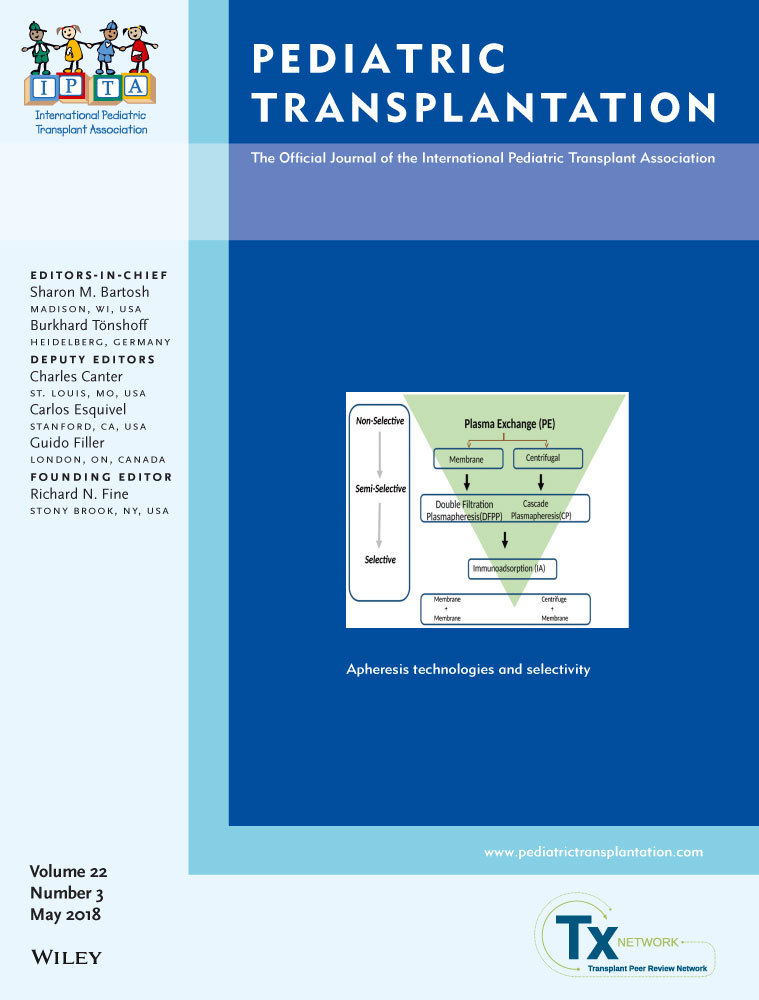Did parents have it right all along? Parents, risk, and living kidney donation: Revisiting the arguments for and against parental living donation of kidneys
Abstract
Historically, living kidney donation has been justified in part by our belief that living donors face minimal risks of subsequent disease. Recent research has brought that presumption into question, particularly for younger donors including parents. In light of this finding, we re-examine many of the traditional arguments both for and against the practice of parental living kidney donation. We then propose an alternative framework in which the burden of having a child with end-stage kidney disease can be considered as an illness experienced by the potential donor parent. We believe this allows a more straightforward, as well as more accurate, assessment of the risks and benefits of donation for the potential parental donor. This assessment might then be used to best inform the decision whether or not to proceed with kidney donation using a shared decision-making model, while reflecting the appropriate ethical roles of both the potential donor and the transplantation program.
CONFLICTS OF INTEREST
The authors of this manuscript have no conflict of interests to disclose as described by Pediatric Transplantation.




